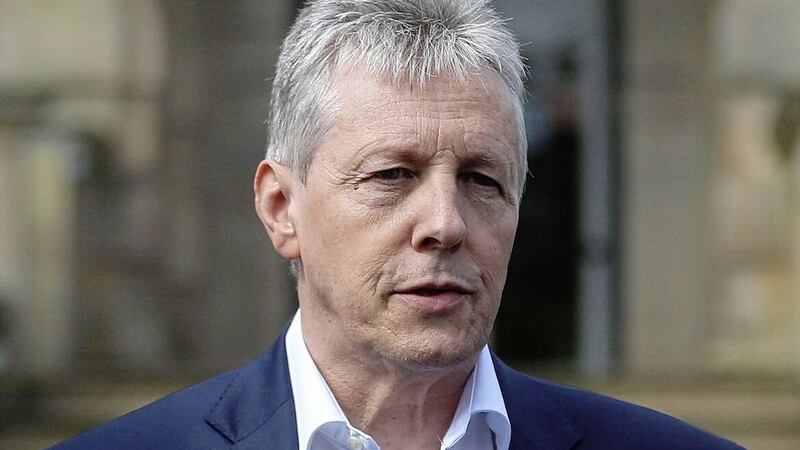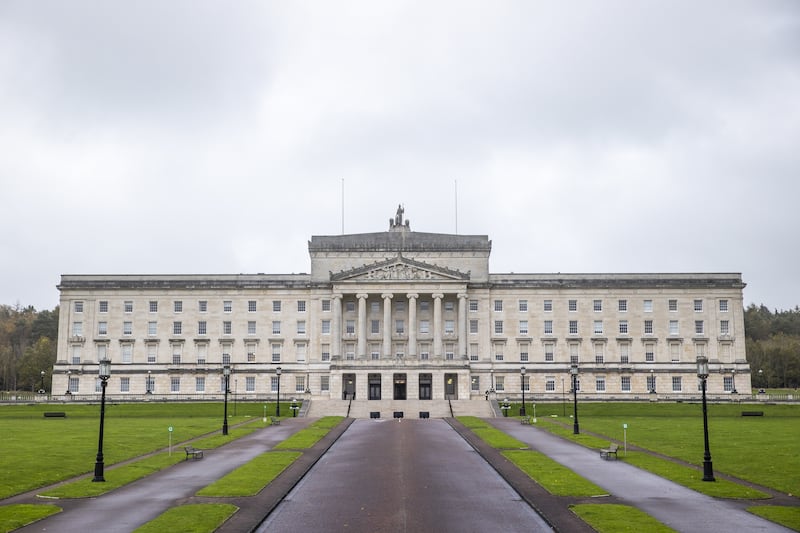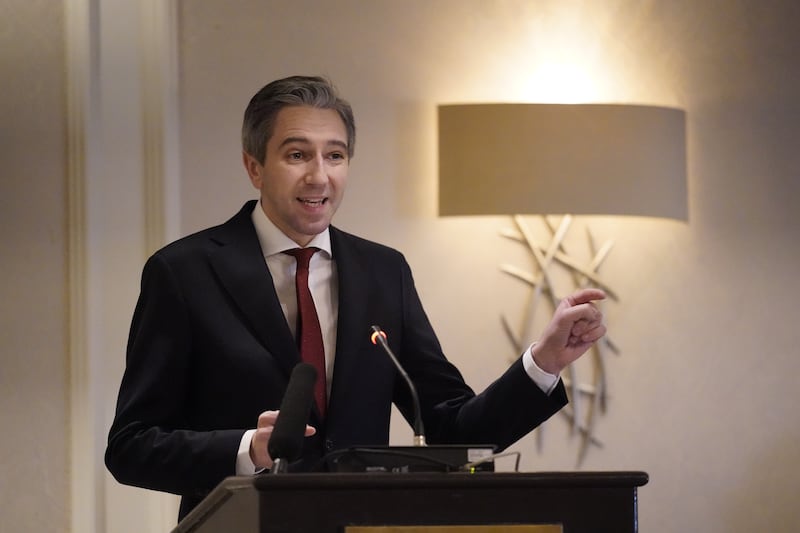THE DUP's consultative group on the Windsor Framework not only includes Peter Robinson, the plan has the former first minister's fingerprints all over it. Unionism's arch strategist, who detractors suggest is little more than a middling tactician, knows how to fudge and buy time. In his time at the helm of the DUP, which includes the period before he succeeded Ian Paisley as leader and arguably right up to the present day, we have seen the roughly the same ploy play out on numerous occasions.
There were DUP ministers in the first Stormont executive, even though the party opposed the Good Friday Agreement; the DUP signed up to the St Andrews Agreement despite reservations and conditions; they agreed to the devolution of justice and policing having somehow gained the necessary "community confidence". Hardline unionism's shift from an intractable position to a more pragmatic approach was disguised in stalling tactics, deliberations and old fashioned sleight of hand.
A variation on the theme was adopted with the creation of the Unionist Forum in the aftermath of the flags protest, only for it to peter out having achieved nothing – apart from buying time. There was the 'graduated response' – a DUP-led pan-unionist front that warned of an escalation in civil disobedience over an Orange march but expired with a whimper. And who can forget the 'hokey cokey ministers' in the aftermath of Kevin McGuigan's murder by senior republicans? It was an exercise in chicanery where exaggerated outrage gave cover to a lack of substantive action.
Peter Robinson's cunning plans may not have served unionism particularly well in the long term but they have helped the DUP out of many a hole. There's a widespread view that the consultative group unveiled on Monday is yet another Robinson ruse, a initiative with a predetermined outcome that creates the impression of dynamism and that people's concerns are being listened to. The personnel involved is interesting – no Orange Order or Loyalist Communities Council, no Road Haulage Association and no inside agitators to make Sir Jeffrey Donaldson feel uncomfortable. Instead, alongside two former party leaders, we get young MLAs and Donaldson loyalists, a remain-supporting businessman and a lawyer described by News Letter editor Ben Lowry as a "pragmatist". Its make-up does not necessarily mean the panel will embrace the framework but it looks less likely to reject it altogether. The alternative to accepting the deal brokered between the EU and UK, tacitly at least, is to enter uncharted waters, with no possibility of Stormont returning and 25 DUP MLAs left with no political future.
Where the establishment of the panel leaves the party's seven tests is unclear. The process that the consultative group engages in appears to have broader terms of reference but with no set aims – beyond building a consensus. While many expected the DUP to hold off on making its decision on the framework until after the local government elections, it would appear the party will make the call soon after the panel reports back at the end of the month. As the prospects increase of US President Joe Biden visiting the north in early to mid-April, the DUP will come under growing pressure to accept the deal. If past experience is anything to go by, the backsliding will be well disguised and the acceptance of the deal dressed up with conditions that will soon be forgotten but the outcome will likely clear a path for a return of Stormont.





